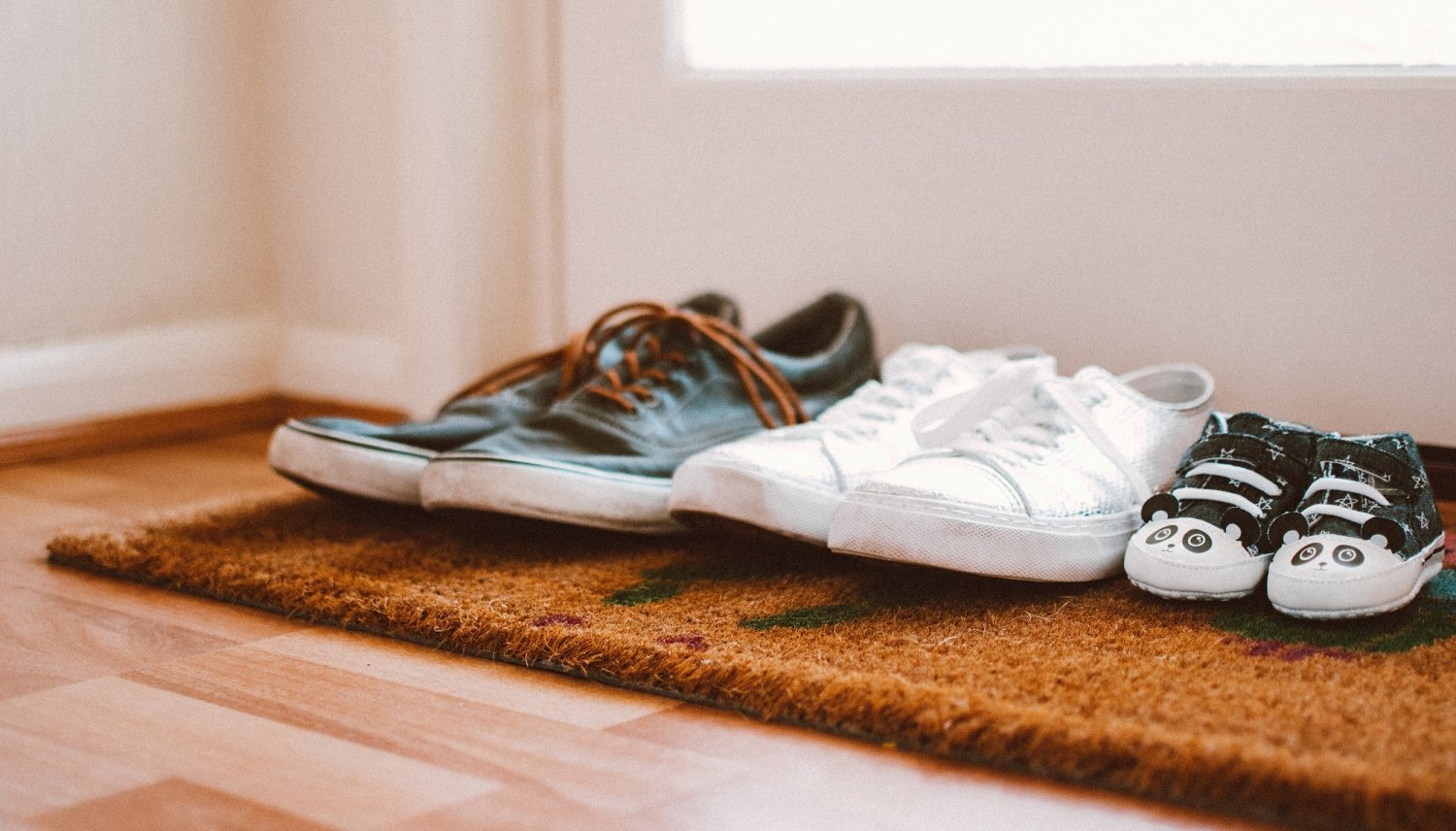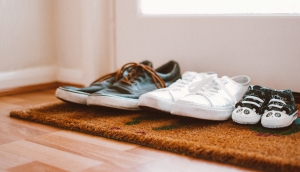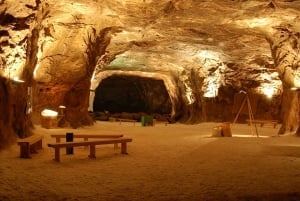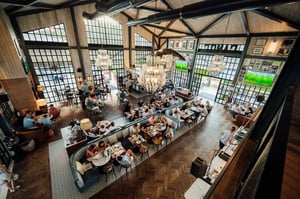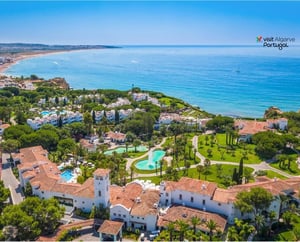Tips on Buying a Used Property in Portugal
What to look out for when viewing houses for sale
Book Top Experiences and Tours in Algarve:
If youʻre booking your trip to Algarve last minute, we have you covered. Below are some of the top tours and experiences!- From Albufeira: Half-Day Winery Tour and Silves
- Algarve: Landscapes, Pottery, and Winery Tour
- Portimão: Pirate Ship Cave Cruise
- Loulé: TechSalt’s Rock-Salt Mine Tour
- Vilamoura: Benagil Cave Boat Tour with Entry&Dolphin search
Buying a house or apartment is an exciting time. And owning a property in the Algarve is possibly a long-held dream that you are finally making real. You dream of what life will be like in your new home and are eager to begin the adventure. However, if you are buying a previously owned house or apartment, there are some issues you should be aware to check for. Just because a property had previous owners doesn’t mean that it was perfect in every way. What may not have been an issue for the former owners might be a potential headache for you.
Below are some practical tips from the team at Casas do Barlavento real estate agency. A one-stop property shop, Casas do Barlavento has over 15 years experience in the property market in Portugal so they know the pleasures and pitfalls that await new owners.
You may also like to check information on:
Tips on buying a second hand property by Casas do Barlavento
Ask Questions
To find the ideal house, you’ll probably need to visit more than one. Look for a house that fits the present and the future. Think that you may eventually enlarge your family or need an office to work in. Therefore, you should have in-depth knowledge about the construction of the property.
You should be aware of all the characteristics, such as the location of the structural walls of the house, the materials used and the quality of these. All this is important, so that you can make the renovations you need.
This information is also relevant if you need a mortgage loan and have to add value to that in order to do any home renovations you want to carry out.
There are some monthly costs associated with running the house. To anticipate the monthly value, ask for the property’s energy certificate to estimate the value.
Water seepage
When visiting the property, be curious and observant. Notice the walls, if they show some yellow or dark tones it is a warning sign for water seepage. This is one of the most common issues, but also one of the most annoying and can be expensive to solve.
The outside of the property or building (if you are thinking of buying an apartment) can also show future issues of water seepage. Walk all around the building, getting different perspectives. Be cautious and consider if you are prepared these kinds of expenses after you start living in the house.
Thermal and sound insulation
Thermal insulation is what makes a house comfortable and help you save money too. If there is good insulation in the house, you may not need heaters, fans or air conditioning and you will save on your electricity invoice at the end of the month.
Pay attention to the windows and doors and what they are made of. Confirm if there are double-glazed windows and what is the blind and shutters system. The house orientation is a factor to take into account too - if the house is facing to the south, it will have a lot of sun exposure which will make the house warmer in the winter. In the summer, a south-facing house can become very warm, having shutters or blinds that cover the windows and limit exposure in the hottest hours can be important.
Wooden floors create a good thermal sensation, but if you prefer stone/ ceramic floors, know that you can save money on house insurance.
The wall’s thickness will influence the thermal and sound insulation of the house as well, the greater the thickness the better the insulation. If the house doesn’t particularly thick walls you may need to consider a central heating system.
Check the details
When you are visiting the property, try to run the hot water tap and watch the water flow. These are the taps that accumulate more sediments and influence the water flow and temperature. Ask about the water heating system to ascertain if it will be suitable for your needs.
In each room, notice the number of existing electrical outlets. Years ago there was no requirement for multiple sockets in each room when properties were being built. If you see there are few plugs, ask when the most recent electrical work was done.
After Purchase
Once you have bought your new property there are some details you should attend to.
Secure doors and windows – check the security of the current doors and windows. If the house doesn’t have safe doors and windows, consider replacing them, for example, for armoured doors and secure windows so as to make the property burglary proof as possible.
New locks – If the existing doors in the house are resistant and safe, don’t forget to change the locks.
Filters – Change the filters of the air conditioner and cooker hoods. There areas, along with carpets are where nasties can lurk.
Cleaning – Take time to deep clean the property before you start moving in so that you can start life in your new property with a clean slate.
Tools – you will probably need to do some DIY, and for that you may need to keep your tools nearby for work around the house.
Name those Boxes – to facilitate the arduous task of house moving, don’t forget to write the contents of each box where you can clearly see it. A simple thing that can save your time and frustration during the move.
This article was originally published by Casas do Barlavento.
- Top tips for buying and selling property in the Algarve
- Move to Portugal for tax free foreign pensions
- Relocating to Portugal
- How to sell your property fast
- Property management services in the Algarve
- Capital Gains tax and your property in Portugal
- Portugal's non-habitual resident tax regime


